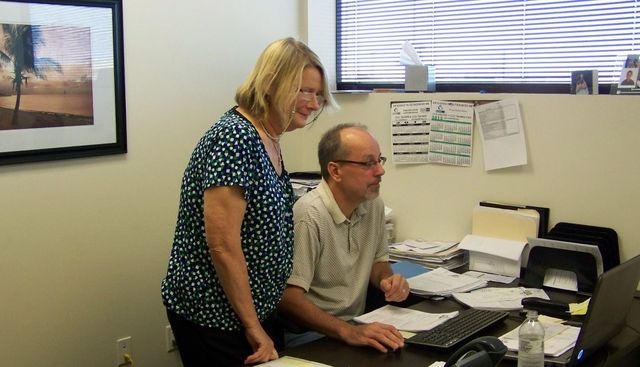Think creatively to turn a job interview ‘no’ into a ‘yes’
You’ve found a business with a culture and potential boss you like. However, you’ve been rejected for the job you wanted. How can you prepare yourself to land a job? How can you make an impact?
Here’s what a successful job seeker, coach and employer have to say.
BARRIERS
Gina De Miranda, compliance administrator at Austin HR LLC in Austin, Texas, says employers will operate from some “presentiments” based on your resume.
“Generally,” she says, “you can disprove those by demonstrating that you have capabilities that may not be apparent at first blush.”
This means listening to employers to find patterns in their reasons for not hiring you and, if necessary, incorporating those points in your resume.
Coach Marian Thier at Listening Impact in Boulder, Colo., favors being alert to “qualifications/experience not fitting exactly as defined on the job description, uncertainty about the ability to adapt easily to the organizational culture and seemingly different styles.”
Mark Joyner, founder and CEO of Simpleology Inc., a San Bruno, Calif., software business, says you might not have the skills small companies want, that they’re “attuned to their specific needs.” In larger organizations, he says, you can start at the bottom and move up.
PERSUASION
How can you gauge whether an employer is open to persuasion? If, after an interview, it appears that you won’t be hired, De Miranda recommends determining whether the hirer is open to ideas.
“Follow up with new ideas, saying, ‘I’ve noticed you do X. Have you ever thought about doing Y? I ran by your website and here are a few things,’” De Miranda says.
She landed her position by taking the initiative and giving her company ideas about reorganizing some information.
“Offering to do something for free stuns most employers,” De Miranda says.
Joyner suggests: “Demonstrate to me that you can perform, solve a problem or teach me something that will tangibly improve my business. Only the thickest employer could ignore that.”
If you haven’t yet interviewed, he recommends devising a creative demonstration that will make you stand out of the stack of applicants.
“Say that you can do X, Y, Z and know the employer needs developers who can do this.” Then start demonstrating.
WHAT NOT TO DO
When you’re rejected, you might be tempted to pitch a fit about it being unfair. But Joyner recommends you instead show you’re a good team player. Ask what the employer would want you to change that would make the difference. He suggests another way to phrase it: “If there were a possibility of my being hired by you, what would happen to make that possible?’ Say that you are coming back the next week and will be able to do that.”
De Miranda advocates presenting “an alternative solution for another need that the employer might have.” If that doesn’t work, find out what you were missing. See if you can develop that skill, experience or perspective to use in the rest of your search. Convert the “no” to a “yes.”
Dr. Mildred L. Culp of WorkWise® welcomes your questions at culp@workwise.net. © 2013 Passage Media.














